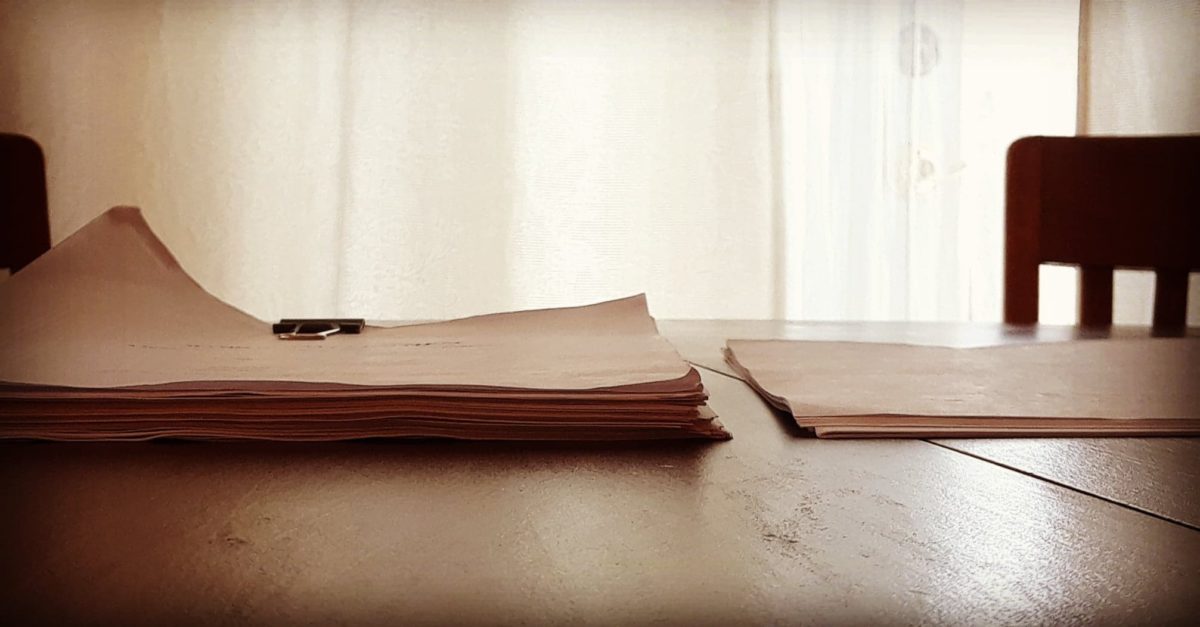One of the last movies I saw in a theater before The Plague was Little Women. Mostly I remember that everything about it was easy on the eyes and ears. I also remember an incident at the ticket counter. I’d paid and then hustled over to the concessions stand, leaving my friend Barbara to fend off the advances of a chatty old codger. I felt ashamed even as I was ditching her to get popcorn.
Naturally I immediately told the popcorn people what a terrible friend I was, and we all looked over, concerned. Barbara is in her 70s and gorgeous.
“She was a Wall Street lawyer in the 1960s. I figured she could hold her own. But, still. I shouldn’t have abandoned her.”
The popcorn people’s eyebrows went up.
“I just thought he was with you two,” one of the popcorn people said, still concerned.
“Oh, no.”
When she finally got rid of the guy, Barbara pulled a desperate face as she made a beeline for us, and we were all quite sympathetic.
“He was kinda cute. Until he started talking. And talking. And talking.”
Side Note for the fellas: When you see a beautiful woman in the movie theater, maybe a dissertation about your hearing aids is not the best way to get her attention.
Funnily enough, I remember this Little Women-adjacent scene as much as the film itself. Although, I’ve been thinking about Lou Alcott lately:
“I am more than half-persuaded that I am, by some freak of nature, a man’s soul put into a woman’s body.”
Will this information change how we read Little Women? I don’t know. As a middle-aged mother, on my most recent reading of Little Women, I was struck by Marmee, problematic indeed.
(Side note: I recommend Geraldine Brooks’ novel March for a harrowing and visceral depiction of the enormity of Marmee’s rage.)
These memories of before-times outings and the memory of reading my stepmother’s copy of Little Women form threads of meaning that I am learning to weave into my understanding of life-during-pandemic, this utterly changed landscape that we pretend is getting back to normal. And the delight, remembering Barbara’s close encounter with a would-be admirer stands in contrast to Marmee’s rage, giving each a poignancy.
And what does that have to do with Barkis, you wonder? A tumbling of associations, for one.
And. Well. It’s time to live a little again, out in the world, so Barbara and I masked up and went to see the new Downton Abbey movie last week. Again, easy on the eyes and ears, and we bought our tickets in advance, so there were no cheerfully oblivious codgers to deal with in the ticket line.
Julian Fellowes is no Greta Gerwig, but the costumes and scenery are the whole point of the Downton franchise. But! There was one bit I especially appreciated. At a significant moment a darling character—no spoilers here—leans in to his beloved and says, Barkis is willin’.
And if you know, you know.
Back in the olden days, I read aloud the first chapter of David Copperfield to my boys. It’s a whirlwind opening, a mean old aunt arriving at the birth of what she believes will be a girl, and she is, let’s say, profoundly disappointed. As an adult, it seemed screamingly funny to me. But when I looked up, both boys’ faces were blank with disbelief.
“Why would you read this to us?”
“No. We hate her.”
“She’s terrible!”
(Which is generally how I feel about that brilliant asshole Charles himself.)
“We’re not listening to this book.”
“Come on brudder. Let’s go.”
Eventually, though, they did listen to a recording of an abridged version which plays up the relationship between Peggoty and Barkis.
It was during this time that one day the boys’ father called from work. Some of you will remember that telephones used to be attached to the wall. Number one son picked up, and even across the kitchen I could hear a gruff, “Put your mother on the phone.”
My son tipped his head and gazed at me with a wry, confused smile. After a pause, he held out the receiver and quietly said, “Sounds like Barkis changed his mind.”
To my horror, neither of the boys remember this telephone scene. Or Peggoty. Or Barkis.
But I do.
Generally, lately, my reading is focused on books by women and non-white persons. Okay, yes, I did just finish my second reading of War and Peace, and no regrets there, baby.
In fact, I don’t regret my time with any of the so-called classics—which, in my humble opinion, are not “Great Books” because they exist in some ethereal netherworld of Greatness, but because of the resonances of meaning in our own lives, connecting us to our former selves, to previous generations, to each other. Both generating and holding these moments of rage and delight. The Barkis is willin’ moments.
Read on, friends.


Oh my. Haven’t seen either movie. Only one or two episodes of Downton. Haven’t read David Copperfield. No idea about Barkis! I have a lot of tedious spadework to do (as Bertie Wooster would say) before I can begin to understand this blog post! (Except the hearing aid part: that sounds like (har) good advice.)
Great post. I’d forgotten Barkis.